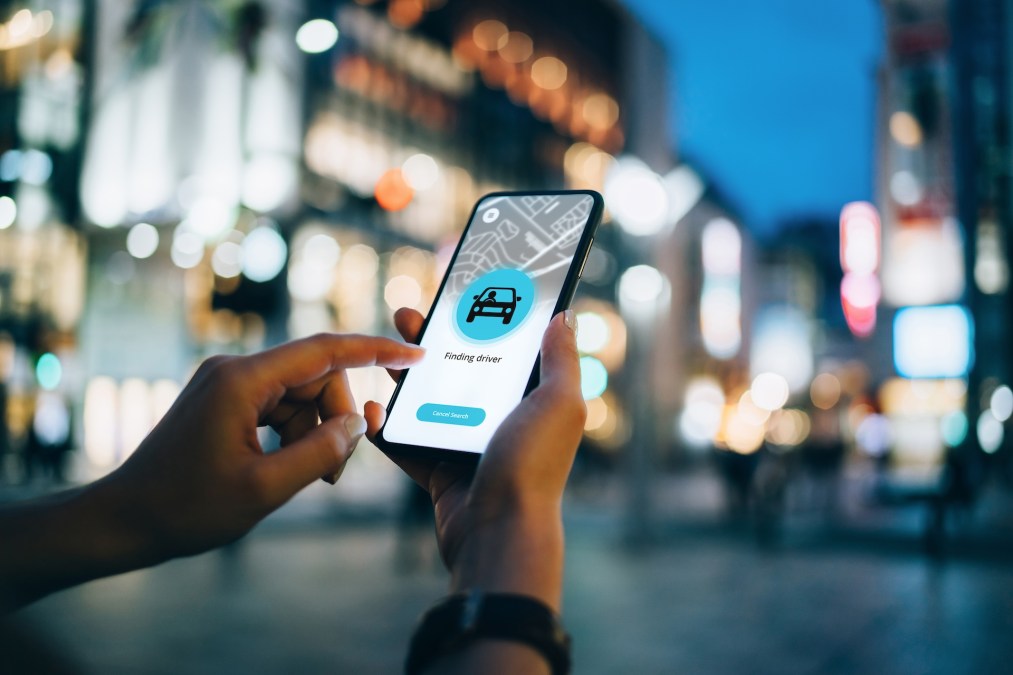FCC looks to limit how domestic violence abusers use connected cars

The Federal Communications Commission is examining how to protect victims of domestic and sexual abuse from being tracked by their abusers using the connected features of modern automobiles.
In a notice of proposed rulemaking released Monday, the FCC asked the vehicle manufacturing and wireless service industries to describe connected car services like GPS and sought comment on what steps manufacturers can take to protect survivors by limiting how domestic violence abusers use those devices. The announcement continues an initiative stemming from the Safe Connections Act, which instructed the FCC to assist domestic violence survivors to secure their communications from abusers, such as separating their phone line from a family plan while keeping their number.
Vehicle manufacturers have in recent years increased the number of communication services included in cars. These include GPS and remote start-up features that are offered as conveniences but can be used by abusers to track or harass their victims.
“No survivor of domestic violence and abuse should have to choose between giving up their car and allowing themselves to be stalked and harmed by those who can access its connectivity and data,” FCC Chairwoman Jessica Rosenworcel said in a statement. “We can — and should — do more to make sure these new forms of communications help keep survivors safe.”
Rosenworcel wrote to automotive manufacturers and wireless service providers in January, asking the sectors to detail their pre-installed connection and communication services and existing policies or processes to remove access to those services. The aim is for survivors to be able to separate their line from a shared account with a domestic violence abuser without limiting access.
The notice asks the vehicle manufacturing and wireless service industries to detail whether the FCC’s rules from the Safe Connections Act -— like requiring a provider to separate the line of a survivor and abuser two business days after a request — fully address those concerns. While the SCA was well received by advocates, there was also criticism that requiring survivors to submit paperwork “proving” abuse is traumatic at best.
“We expect that, if a vehicle is under the sole ownership of an abuser, but is used by a survivor, the SCA rules would require separation of the connected car service line that is associated with that vehicle through the abuser’s account,” the FCC wrote. “In these cases, what evidence and standards of proof would be needed from a survivor to separate the connected car service line?”
The notice also comes amid increasing concern around the broad uses and threats stemming from connected vehicles. In February, the Department of Commerce announced that it is investigating the national security risks from connected vehicles, particularly from China.




